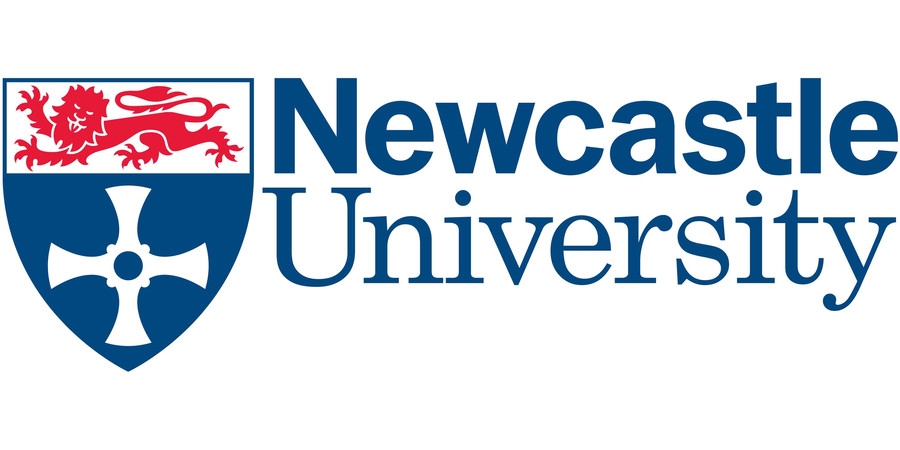PhD Studentship in Cancer Radiotherapy and in Vivo Imaging
Newcastle University
| Qualification Type: | PhD |
|---|---|
| Location: | Newcastle upon Tyne |
| Funding for: | UK Students, EU Students, International Students |
| Funding amount: | Not Specified |
| Hours: | Full Time |
| Placed On: | 12th June 2025 |
|---|---|
| Closes: | 2nd July 2025 |
Award Summary
100% home tuition fees and £20,780 annual stipend (25/26). International candidates must cover the fee difference.
Overview
We invite applications for a fully funded PhD at Newcastle University, offering a unique opportunity to work at the interface of academia and industry. In partnership with Xstrahl, a leader in preclinical radiotherapy, this project will use the Small Animal Radiation Research Platform (SARRP) and in vivo imaging to develop image-guided radiotherapy (IGRT) strategies for liver and childhood brain cancers.
A key focus of this project is hepatocellular carcinoma (HCC), the third leading cause of cancer deaths, often arising from fatty liver disease. While IGRT shows promise in treating HCC, its use is limited by radiation-induced liver fibrosis (RILF). Using a mouse model of HCC on fatty liver, the project will investigate how radiotherapy impacts tumour growth and liver fibrosis and test antifibrotic therapies to reduce RILF and improve treatment outcomes.
Objective 1: Develop multimodal imaging with bioluminescence and contrast-enhanced CT to visualise liver and brain tumours for precise SARRP-guided radiotherapy.
Objective 2: Optimise clinically relevant, fractionated IGRT protocols, in a HCC model. Assess tumour response, RILF, and changes in the tumour microenvironment.
Objective 3: Investigate whether IGRT promotes progression of underlying fatty liver disease / fibrosis, and how this impacts on tumour burden.
Objective 4: Evaluate combination therapies, including anti-fibrotics and immunotherapies, and assess their on treatment efficacy.
What you will gain:
- Hands-on experience on SARRP and in vivo imaging modalities (CT, IVIS, ultrasound)
- Expertise in diet-induced fibrosis and surgical tumour models
- Image analysis, IHC, flow-cytometry
- Industrial experience with Xstrahl
Number of awards: 1
Start date: 15/09/2025
Award duration: 3 years
Sponsor
Newcastle University Cancer Centre and Xstrahl (commercial partner).
Supervisors
Dr Saimir Luli - Translational and Clinical Research Institute (TCRI)
Dr Jack Leslie - Biosciences Institute
Dr Rebbeca Hill - TCRI
Dr Tim Develin - Xstrahl
Eligibility Criteria
You must have, or expect to achieve, at least a 2:1 honour degree or international equivalent in an appropriate subject, including: biomedical sciences, medical physics. Further qualification such as an MRes is advantageous.
If your first language is not English, you need an overall IELTS score of 6.5 (at least 5.5 in all sub-skills) or equivalent language qualification.
International applicants may require an ATAS (Academic Technology Approval Scheme) clearance certificate prior to obtaining their visa and to study on this programme.
How To Apply
You must apply through the University’s Application Portal.
In ‘Course choice’ tab, put ‘Postgraduate Research’ in 'Type of Study', ‘Full Time’ in ‘Mode of Study’, ‘2025’ in ‘Year of Entry’, code ‘8440F’ in ‘Course Title’, blank in ‘Research Area’. Press ‘Search’, select ‘PhD Translational and Clinical Research (FT)’, and save selection.
Either upload a document or write into ‘Personal Statement’. Put code ‘TC118’ in ‘Studentship/Partnership Reference’.
When prompted for research proposal, select ‘Write Proposal’. Type in the title of the research project from this advert. A research proposal is not required.
You can also upload a covering letter/CV, stating how your interests and experience relate to the project.
Degree transcripts/certificates and, if English is not your first language, a copy of your English language qualification if completed must be uploaded.
Contact Details
Advert information
Type / Role:
Subject Area(s):
Location(s):









